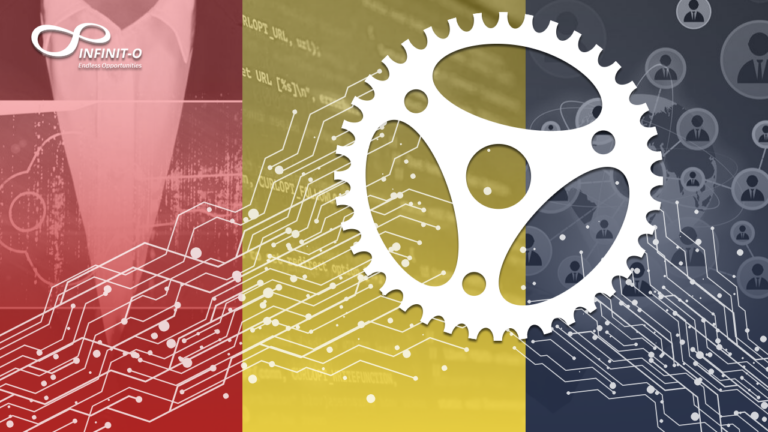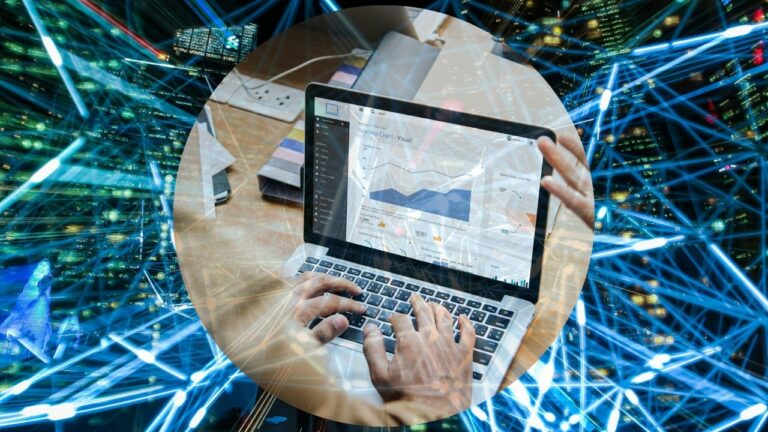The Remote Work Culture in the Lens of Cybersecurity
The COVID-19 pandemic catalyzed a shift in the workplace. Companies moved the ‘normal’ office setting to working from home in compliance with the physical distancing mandated by the government in an effort to limit the spread of the virus, at the same time maintaining business continuity in the four corners of the home. Most industries and businesses are first timers in this digital set up, where teams are to collaborate, operate and communicate virtually through the power of technology. Businesses are finding ways to stay afloat amidst the crisis – continuously serving their customers while ensuring the welfare of their employees.
The remote work is here to stay.
This transition is not just a temporary effort but a more stable and permanent change. A survey from a global research company, Gartner, gathered from 317 CFOs and business finance leaders found out that 74% plan to move their previously on-site workforce to permanent remote positions post-COVID-19. The main reason that business leaders have decided to make this permanent shift is the cost-saving benefit of remote work. This is mainly from on-site technology spend, as well as reduced costs in real estate savings.
Aside from operational benefits, employees also get to save from this set up. According to a study done by online recruitment platform FlexJobs, employees get to save as much as $4,000 a year from expenses such as commuting, office meals, and other miscellaneous expenses. These operational gains along with continued productivity and maintained staff wellbeing, leaves little reason for many businesses to move back to traditional working styles even after the pandemic ceases.
But despite these remote work benefits, there is a major roadblock that companies are trying to counter. As more organizations are relying on technology to enable work to happen seamlessly, cyber criminals are lurking to attack. And since no one perceived this crisis, the digital shift was not something business had prepared for in terms of cybersecurity. As a result, this has posed heightened cybersecurity and data privacy risks with the sudden increase of users. On top of it, not all equipment that is being used at home is fortified with the best cybersecurity applications and software because the declaration of the pandemic by the World Health Organization did not allow ample time for transition and readiness to happen smoothly.

The Role of Technology and IT Companies in Digital Shift
This is where IT and cybersecurity companies come in. With the expanded demographics of users, there is a definite need for technical and IT support to respond to digital inquiries, cloud management teams such as treat specialists on securing client’s business and personal data and system administrators for cybersecurity. According to CSO Pandemic Impact Survey, 61% of IT and security respondents are concerned about the increasing cyber-attacks of their employees who are remotely working and 26% have experienced increase in volume, severity, and/or scope of cyber-attacks since mid-March.
Hence, the technology and IT industry should quickly determine how they serve other industries through cybersecurity and data protection in the wake of these challenges. This includes identifying sources (Office 365, Box, Dropbox, Yammer, etc.), the type of sensitive data (CCPA, GDPR, PII, PCI, ITAR, PHI), and the risk and exposure involved. Having a clear understanding of the technology and IT industry’s role as cloud providers will roll out enhancements to their service. One of the great advantages of the cloud is service providers who can continually update their offerings without requiring maintenance on the recipient’s end.
Back-up Support
With the increased demand for technology and IT support, there is also a relative escalated need for IT personnel. But the challenge that technology and IT companies is the limitations of the talent pool. Every company is now sourcing these skilled technology and IT experts because of the digital work shift. And because of the hiring limitations in a high-priced job market, there is a challenge in scouting for the best people to do the job with the limited training period and face-to-face skill transfer. This is where outsourcing companies come into play. They will give you access to IT Developers, Threat and Cybersecurity groups, Penetration Analyst, Penetration Tester and DevOps Engineers and build a great team for you.
At Infinit-O Global, we aim to create long lasting partnerships and endless opportunities for your institution while managing the sudden demand for technology and IT support. We render a strong understanding & experience in cybersecurity and cloud management; all utilizing the latest technology to provide excellent value for our clients. We are also ISO-certified and GDPR-compliant, so your company and client’s data are safe.
We can help create a great team of technology professionals that are composed but not limited to:
- Levels 1, 2, 3 Technical Support Representatives
- IT Operation Analysts
- IT Operation Engineers
- Systems Administrators
- Threat Intelligence Analysts
- AWS and Azure DevOps Engineers
We can help you with 98% of High Priority trouble tickets solved within a timeline, 100% IT back up support, 100% Bug free based on client specification and 90% Completion of task as per schedule all the while ensuring high quality & productivity with a 70% saving on operational costs.
Let’s work together in Building a Great Cybersecurity and Cloud Management Team who can duly respond with the expanding IT needs.
Infinit-O is the trusted customer-centric and sustainable leader in Business Process Optimization to Small and Medium businesses in the Financial Services, Healthcare and Technology sectors by delivering continuous improvement through technology, data and people.







remote work is going to stay for some more time, so it’s really going to be a help
Nice post. Thanks for sharing this helpful and informative post.